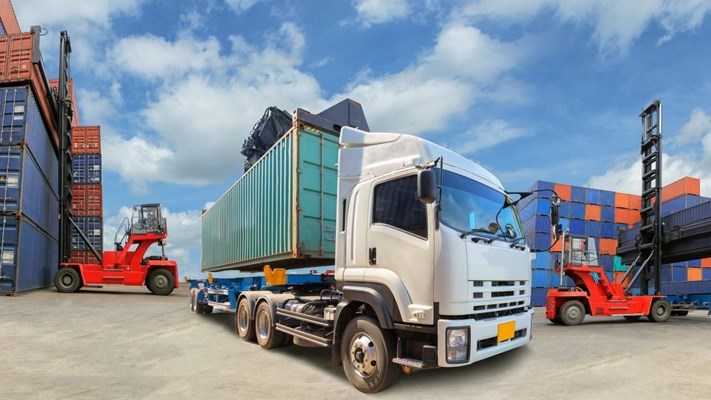Agri Hour
#Agbiz: Logistics should be a key focus for SA farmers─── 05:00 Tue, 07 Sep 2021

As usual on the Agri Hour, Wandile Sihlobo, chief economist at the Agricultural Business Chamber of South Africa, Agbiz, provides a weekly insert about the latest on the global as well as South African agricultural markets.
He also provides more information about the latest developments in the agricultural sector.
See PODCAST below
In this week’s insert, Sihlobo shifts his focus to logistics within the sector.
“Logistics has always been the backbone of South Africa's export-oriented agricultural sector, although it does not always get as much attention as it has more recently due to various disruptions. South Africa's agricultural exports, valued at US$10,2 billion in 2020, the second-largest value on record, were supported by functional logistics at the shipping ports and the farm gate.
“Since the start of the Covid-19 pandemic, the disruption in the global shipping lines, growing container ship shortages and costs, theft of Transnet infrastructure, and most recently, cyber-attacks at the same company have brought some focus into this sector. For South Africa's agricultural sector, especially the export-focused subsectors such as the fruit, wine, and grain industries, the smooth running of the logistics is crucial.
“Through these challenges, South Africa's agriculture logistical roleplayers pushed hard to maintain robust export activity in the first half of this year. Hence, South Africa's agricultural exports amounted to US$6,1 billion, which is a 30% y/y increase,” explains Sihlobo.
He says that compared with last year, the growth is partly because of base effects, as the first half of 2020 was heavily affected by the Covid-19-related disruptions to global supply chains.
“Still, the growth reflects rising export performance for various products and functional logistics systems. Notably, there had also been coordinated efforts between the significant logistics role players such as Transnet and others, through regular industry meetings, to ensure the ports' continuous functioning in these challenging times. The export figures are, in a way, an indicator of the success of these coordinated efforts.
“Still, more needs to be done as South Africa's agricultural output is likely to increase in the coming years, especially within fruits, which will demand extra capacity at the ports. Notably, the major economic reconstruction initiatives such as Agriculture and Agro-processing Master Plan also attempt to boost domestic production. The additional output will need to be channelled to the export markets, increasing the volumes in the South African ports.
“Another important consideration is that even in-country logistics will increasingly come under pressure as agricultural production improves. A large share (of about 80%) of major agricultural commodities such as maize, wheat, and soybeans are transported by road.
“As South African authorities have signalled, a move from road to rail will require increased investment and security at rail lines. The constant theft at Transnet lines is counter-productive to the national efforts and business activity and should be a key focus for the police and security authorities,” says Sihlobo.
He goes on to say that beyond the inland transport facilities, there is also a need for increased investment and efficiency and ways of reducing costs for users at the ports.
“South Africa's ports currently rank poorly in the global rankings. A case in point is the World Bank and IHS Markit's Comparative Assessment of Container Port Performance. South Africa's ports of Cape Town, Port Elizabeth, Durban and Ngqura were at the bottom of 351 ports of various countries.
“As with several interventions in the recent past where the government's financial resources are constrained, a dialogue between government, logistics role players, and potential investors might be crucial for mobilising capital for investments in the ports. This should be a long-term and strategic area for the country to focus on, especially as the global leading shipping companies anticipate challenges in the shipping lines for years to come.
“The logistics are a bloodline of success and should be the focus of policymakers and various industry roleplayers. From an agricultural sector perspective, the key is to identify areas that need improvement and present those to organised platforms of the logistics roleplayers and government for solution-oriented deliberations.
“Through its involvement at Transnet, the government is a major player in this effort and should dedicate energy towards improving the country's logistics. Importantly, this is not a challenge unique to agriculture but all export-oriented sectors such as mining, automobile, and other manufacturing areas,” concludes Sihlobo.
OFM News














